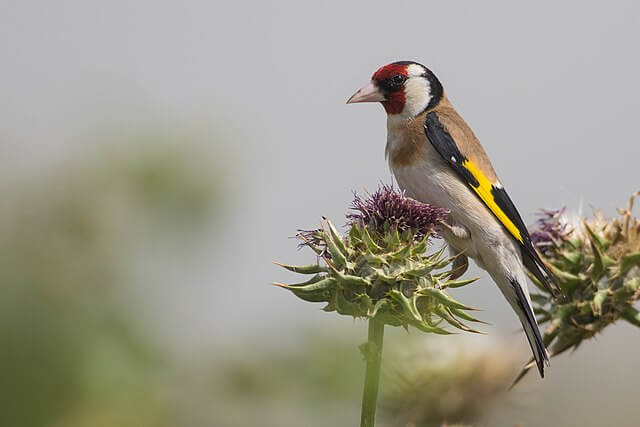
Urban birds stay awake far later than their rural counterparts, a new study shows, underscoring the impact of light pollution on wildlife.
The research, based on recordings submitted by bird enthusiasts to a popular species mapping website, found that artificial light extends birds’ active hours by an average of 50 minutes a day. In some cases, species began singing an hour earlier in the morning and continued an hour later into the evening.
“We were shocked by our findings,” said Dr Brent Pease, an assistant professor of biodiversity conservation at Southern Illinois University Carbondale. “Under the brightest night skies, a bird’s day is extended by nearly an hour.”
Light pollution now blankets 23% of Earth’s surface and is spreading rapidly in both extent and intensity. Already linked to negative effects on human health, it has also been shown to harm wildlife—causing insect declines, disrupting bat and sea turtle migrations, and more.
For the latest study, scientists analysed 2.6 million observations of morning bird vocalisations and 1.8 million evening calls, submitted to BirdWeather, a global citizen science project that compiles bird recordings and uses AI for species identification. The data, covering hundreds of species, was cross-referenced with satellite imagery of light pollution.
“BirdWeather unlocked behavioural research at large geographic and timescales,” said Pease. “We could start to learn at a scale never [done] before how birds were responding behaviourally to human forces.”
On average, birds in brightly lit areas extended their day by nearly an hour. Species with larger eyes relative to body size showed the strongest reaction to artificial light.
“The American robin, Northern mocking bird and European goldfinch all extended their day by more than average,” said Pease. “Small-eyed species such as sparrows didn’t have as much of a response.”
The impact of a longer day for birds was not yet clear, the researchers said. “We know that sleep loss is not great for humans, but birds are different,” said Pease. “They have developed interesting strategies to cope with loss of sleep during migratory periods.”
Such disruption of natural behaviour raises concern, said lead researcher Pease. While some evidence suggests that longer foraging and mating windows may benefit certain birds—improving fledgling survival rates—scientists warn the broader consequences remain troubling.
The study appears in Science.
——————————————————————————
At Natural World Fund, we are passionate about restoring habitats in the UK to halt the decline in our wildlife.

